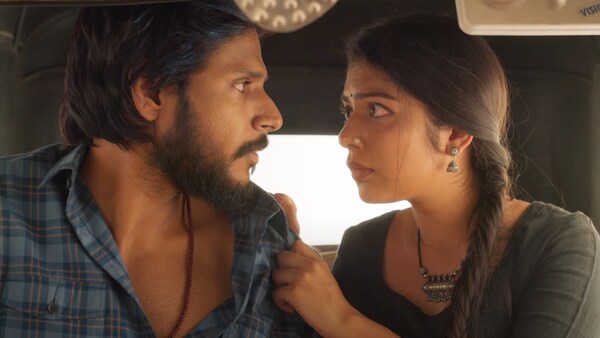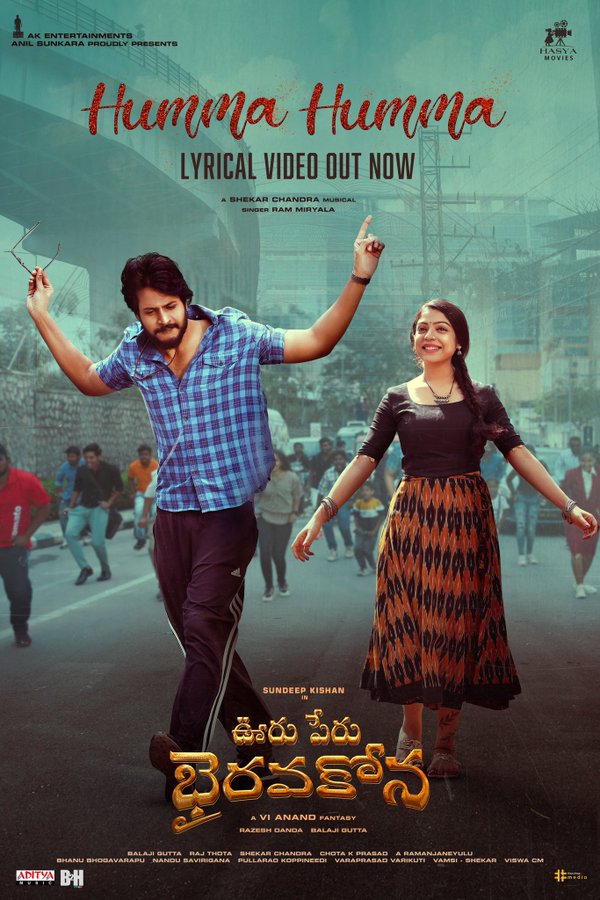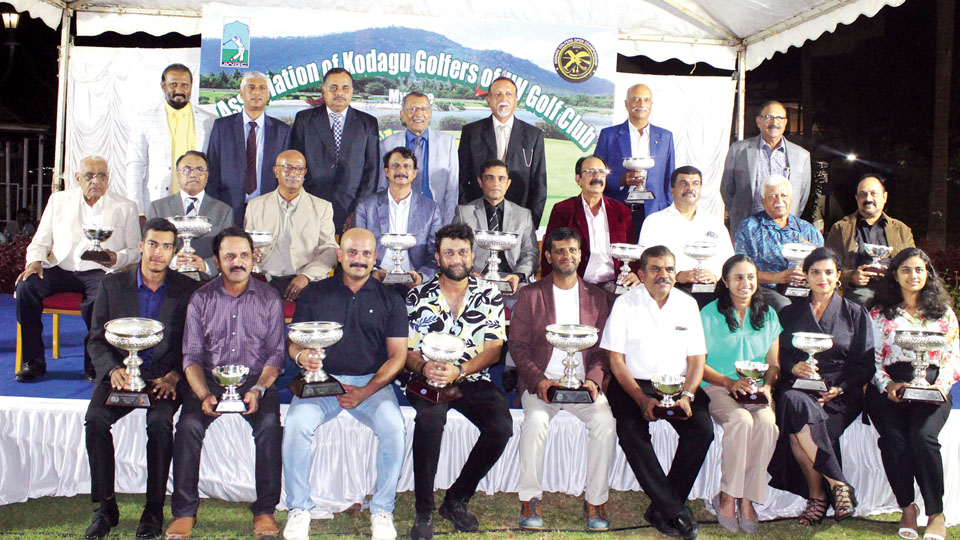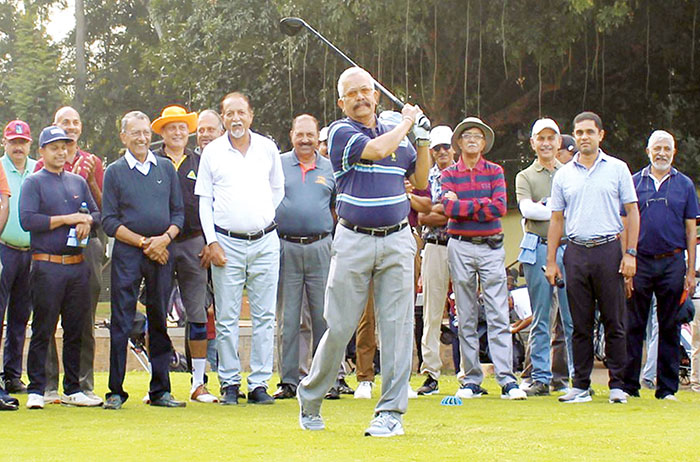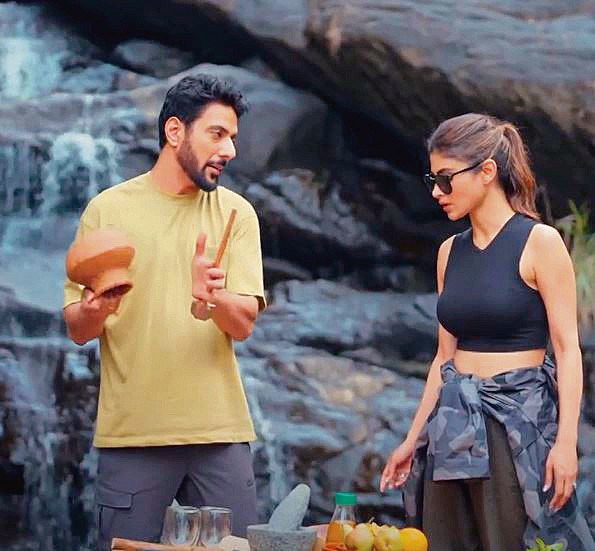The recent World Coffee Conference in Bengaluru highlighted how speciality growers and artisanal roasters are discovering the rich flavours and nuances of Indian beans.
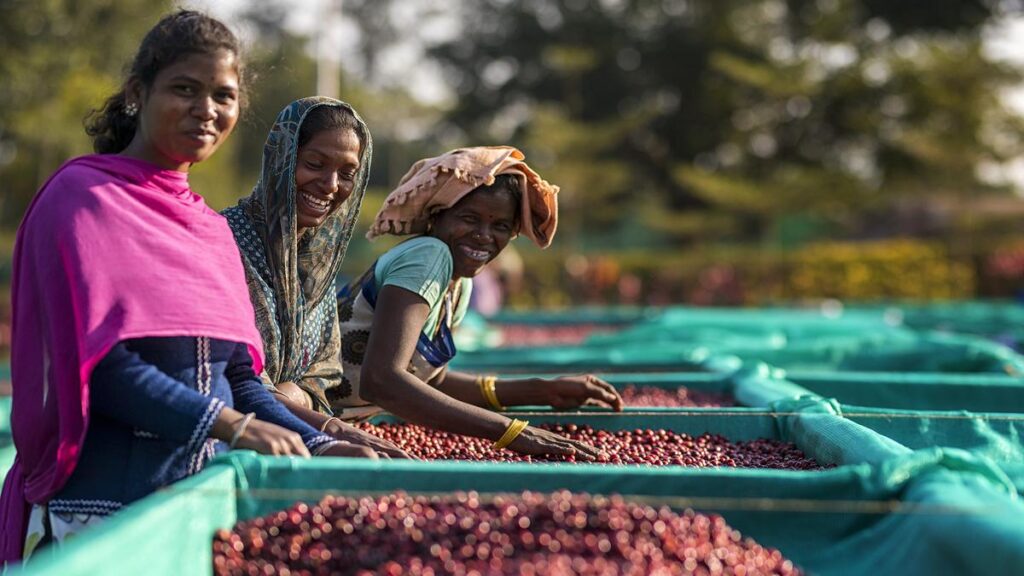
There was a time when Indian coffee was dismissed as a shy bean, a filler coffee, remembers Sunalini Menon, the president of Coffeelab Limited, a Bengaluru-based coffee sensory evaluation laboratory and research organisation. Not anymore.
India’s first woman coffee taster, Sunalini has been assessing coffee for almost fifty years. “Now they are looking at India and seeing a sustainable, traceable coffee which can no longer be pushed under the table,” she says.
The success of the 5th edition of the World Coffee Conference (WCC), which was held at Bangalore Palace in September, is a testament to this mounting interest in Indian coffee. “We had purchasers from all over the world, European machine manufacturers, traders of imported coffee machines from China and Europe, coffee consultants—in other words, WCC was a coffee community haven,” recalls Dinshay Luthiya, the founder of Bai Mu Dan, Pune, who also helped design the coffee program at Veronica’s in Mumbai.
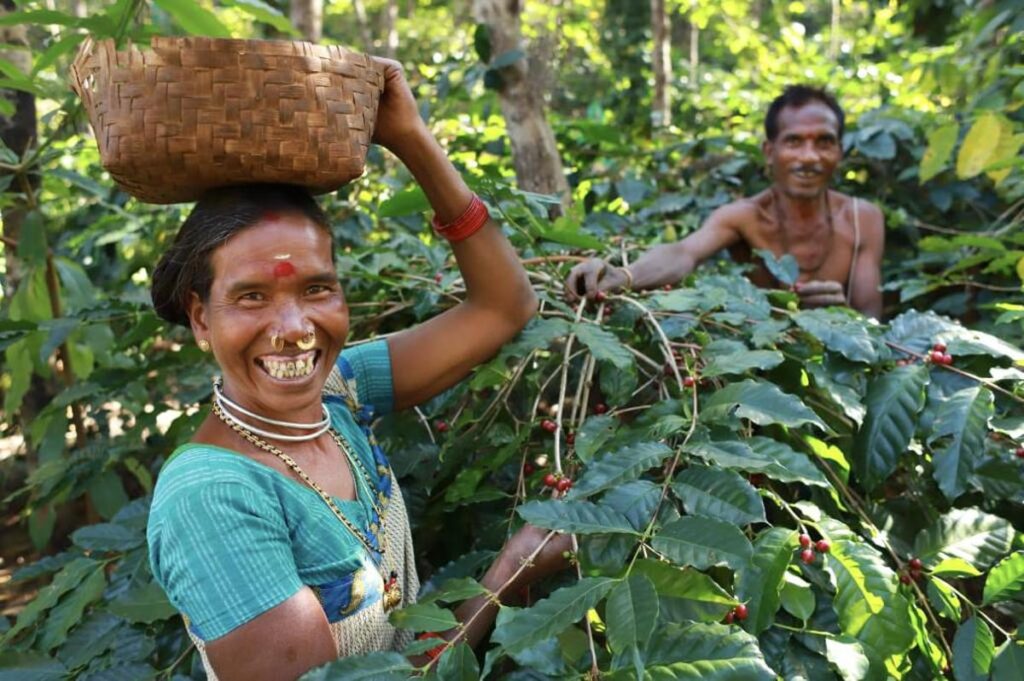
Not only did WCC prove to be a forum to network with various stakeholders in the coffee industry, but it also offered an opportunity to taste coffees that he had never heard of before, adds Dinshay, who believes that the event opened new horizons for all Indian coffee growers, roasters, and exporters.
According to Dr Mandappa I.M., Divisional Head, Coffee Quality at Coffee Board, India, which organised the WCC, the event had visitors from over 80 countries and saw 10-12,000 daily walk-ins on average. “This conference was a huge eye-opener. People are really noticing Indian coffee, which is very encouraging for the entire sector,” he says. “It is high time that India is on the coffee map.”
So, what lies ahead in the world of Indian coffee? This is what the coffee experts and aficionados across the country say.
The rise and rise of specialty coffee
For a long time, Indian coffee was largely seen as a soft commodity, a homogenised, interchangeable product. “Coffee was just purchased to be blended into instant coffee, the worst quality of coffee”, points out Manoj Kumar, the co-founder of Araku Coffee and CEO of the Naandi Foundation, which has been instrumental in enabling the tribal farmers of Andhra Pradesh’s Araku valley to grow specialty coffee.
This, in turn, led to farmers focusing more on quantity over quality, says Akshay Vaidyanathan of Kapikottai, a Chennai-based artisanal coffee roasting business. “Because of this, there is the whole assumption that Indian coffee is not nice-tasting,” he says. “That is thankfully changing.”
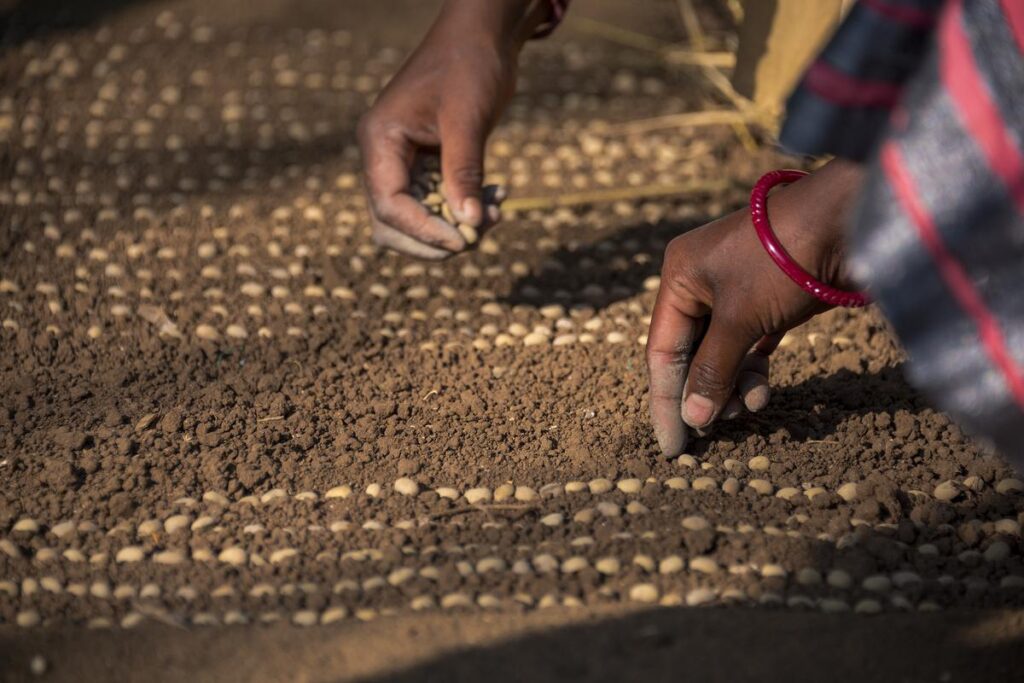
Today, according to Mandappa, there are a whole lot of Indian growers producing specialtycoffee, both for the domestic and export markets. While coffee prices are notoriously volatile and dependent on a number of variable factors, in general, specialtycoffee—a term used to describe very high-quality coffee that scores above 80 points on a 100-point scale—fetches a higher premium. “Since the growers get better returns, they are willing to put in the extra effort to process and take care of their coffees better,” he says.
Another thing that appears to be altering the coffee narrative is the changes in the demographic of producers. “It is the young people in India who are driving this trend very strongly at the moment,” believes Mandappa. Many of the people in the specialty coffee market today are often 4th and 5th generation planters returning back to their farms, having travelled and studied abroad, and are fully aware of the potential of specialty coffee. “There is a lot of innovation when it comes to post-harvest processing of coffee today.”
Komal Sable, who runs The South India Coffee Company with her husband, Akshay Dashrath, must agree. When they first started the brand five-odd years ago, hoping to put Indian specialty coffee on the global map, only 10% of their family farm in Coorg was reserved for it, with the rest of the coffee going to the commodity market. Over the years, as the demand for specialty coffee increased, the ratio kept changing; today, nearly 80% of their farm produces specialty coffee, says Sable, who believes that the market is in the growth stage.
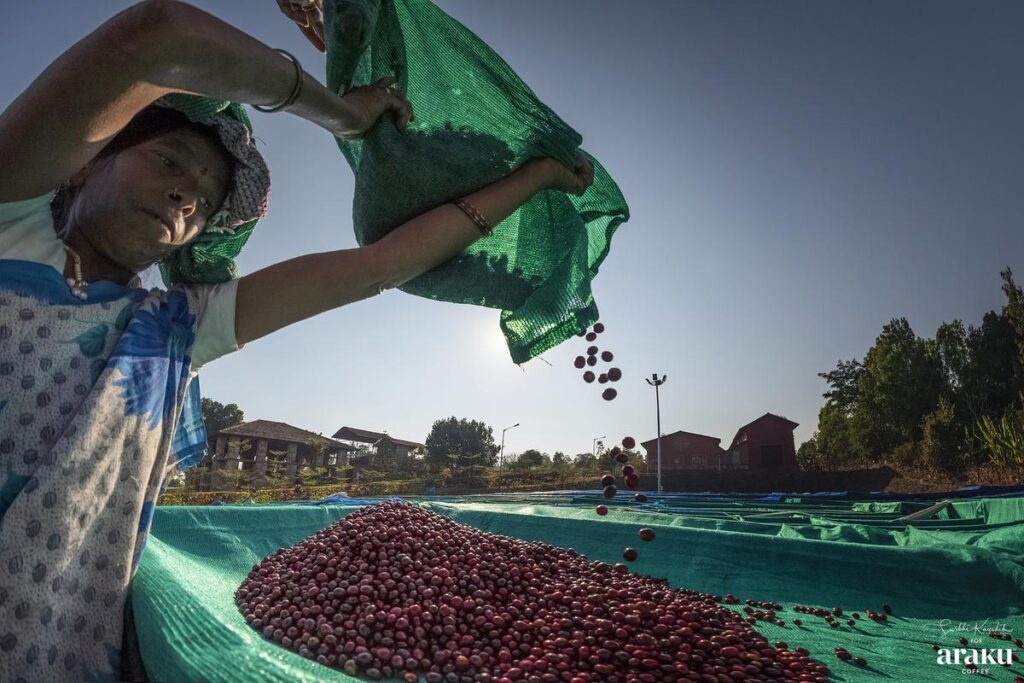
Home brewing stays hot
Anush Bhargava’s interest in coffee was first piqued when videos of Dalgona coffee went viral on social media in early 2020. Till then, he had barely drunk anything but the odd Frappuccino at Starbucks. Trying to make this coffee at home shifted something in him, his curiosity deepening when he came across an article about different brewing products and coffee in August of that year. Within a year, he had all the brewing equipment one could think of, including a V60, Aeropress, Moka pot, syphon and a manual espresso machine. “That is how it began for me,” says the 33-year-old.
COVID appears to have catalysed the home brewing movement in the country, which inevitably turned the spotlight on Indian coffees. “During the pandemic, home brewers really doubled and tripled in number,” agrees Mandappa. “They are more than willing to experience newer tasting coffees.”
And despite the mushrooming of more and more coffee cafes with innovative coffee drinks being served in the recent past and also in the present, the trend isn’t going away anytime soon. “Home brewing is still doing well,” says Sunalini, who believes that while COVID certainly made home brewing an important aspect of life, especially among millennials, other factors such as quality improvement, sustainability and relationship marketing are continuing to drive this interest.
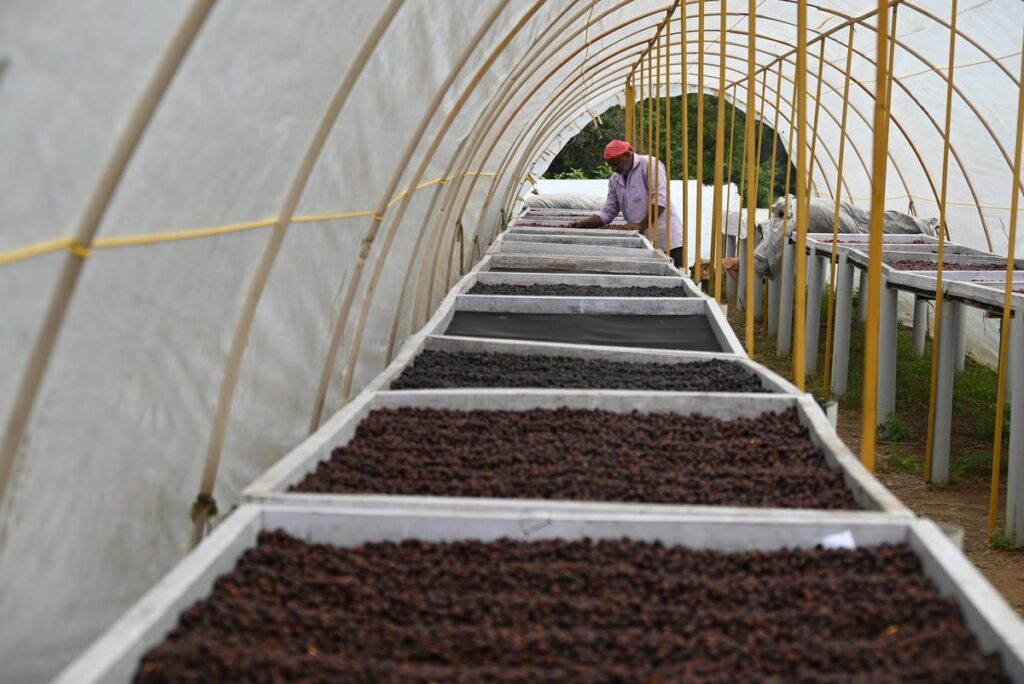
Marc Tormo, a coffee roaster and creative consultant from Auroville, who began roasting and selling coffee under the Marc’s Coffees label in 2008, says that effort taken by brands to educate consumers on the nuances of the product is also driving the trend. “The education part is very important,” believes Marc, pointing out that most brands always try to teach you more about the coffee they sell, whether through workshops or by the information they carry on their packaging. Building awareness, he believes, is especially important since the final step—brewing—lies with the consumer. “If you truly want to enjoy it, you require understanding and knowledge.”
Beyond Arabica
Coffee is one of the most vulnerable crops out there, with estimates that nearly 50% of coffee species could go extinct in the next 25 years. Not surprisingly, therefore, a lot of current coffee research is focused on developing more climate-resilient species and varieties. “At the WCC, we had a dedicated workshop where we cupped 12 different climate-resilient species,” says Mandappa, who believes that India is “up there” when it comes to research on this.
While India has always been known for producing the best Robusta, a hardier and more resilient species of coffee than Arabica, in the world, there is research being done on other species as well, say many industry players.
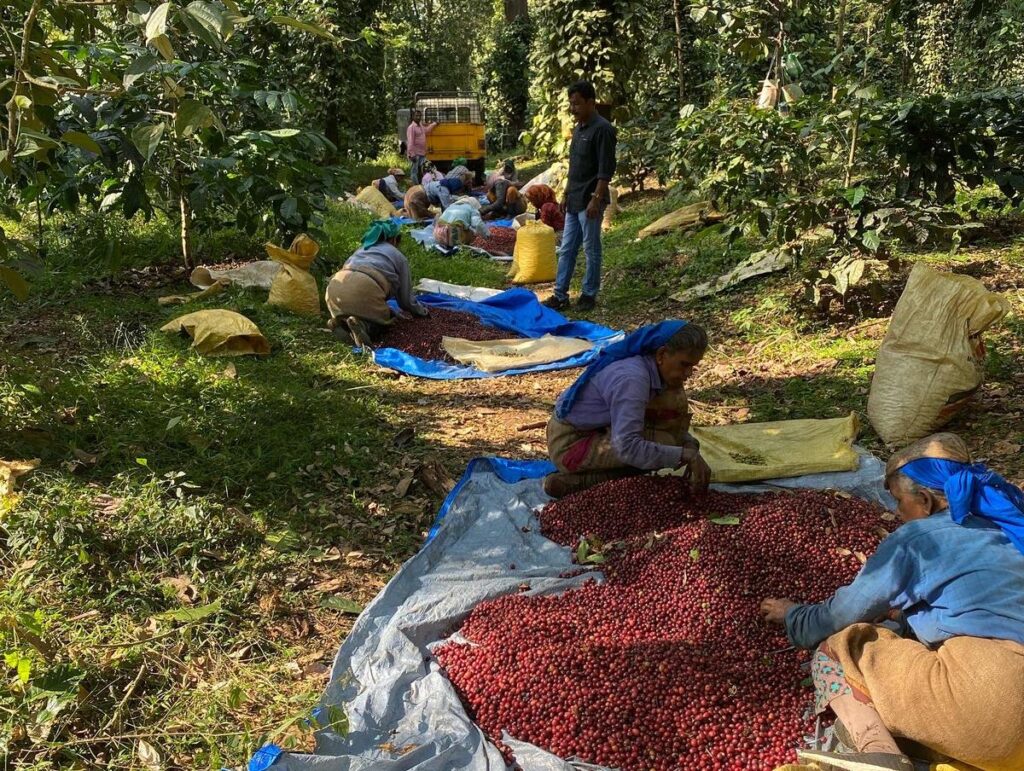
Komal, for instance, says that they grow a species called Excelsa on the farm, in addition to Robusta and Arabica. This coffee species, she says, is a tree, not a plant and was usually seen planted around the border of estates. We noticed that the Excelsa tree gives an average yield each year with minimal intervention,” says Komal, who is also researching other native species of coffee such as Coffea Bengalensis, Coffea Travencorensis, and Coffea Wightiana.
What is also helping the coffee narrative go beyond Arabica is advancements in processing techniques. “Robusta has always had many positive points, but processing it has traditionally been harder,” agrees Sunalini, who is an unequivocal champion of this less-popular species. With more advanced processes—says new fermentation techniques—this is changing, something Komal agrees with, too. “One of our Robustas is doing very well in the Netherlands market and is produced using a very interesting process—an 84-hour ferment with a yeast culture,” she says, adding that there is a growing market for what is referred to as “fine robusta”. “Processing makes a big difference to the cup quality, and there is a lot of innovation being done in this space.”
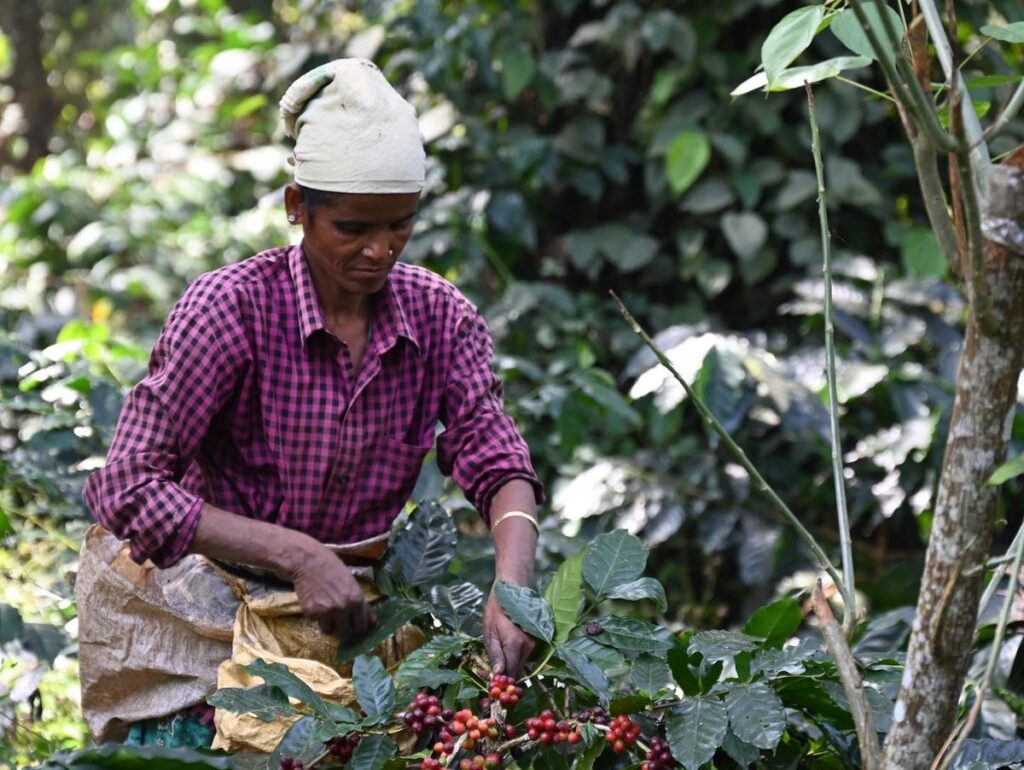
Entering the 4th wave
There are two things that Anush thinks of a lot when picking up his coffee: sustainability and traceability. ‘I am part of a Discord group where a lot of coffee aficionados meet and talk about these things,” he says, confirming something that many people in the business claim: Indian coffee is now stepping into its 4th wave.
While the definition of what the fourth wave entails varies depending on who you ask, it is essentially about going beyond merely creating a high-quality product, also focusing on the consumer’s desire to better understand coffee’s supply chain and its social and environmental impact.
“In a world where young people are thinking that food comes from an app, it is important for them to be engaged with these things,” believes Manoj, who firmly believes that coffee’s quality and ability to be sustainable depends on how diverse a farm is. According to him, monoculture cropping will not withstand climate crisis, something coffee is expected to be especially susceptible to. “Indian coffee is blessed to have the option of being shade-grown,” he says. Therefore, creating a biodiverse ecosystem where coffee is grown under various fruit trees, silver oak or Ficus, and alongside spices like pepper does wonders for coffee quality. “If you look at the coffee estates within India, wherever there is biodiversity, the quality is at another level,” he says.
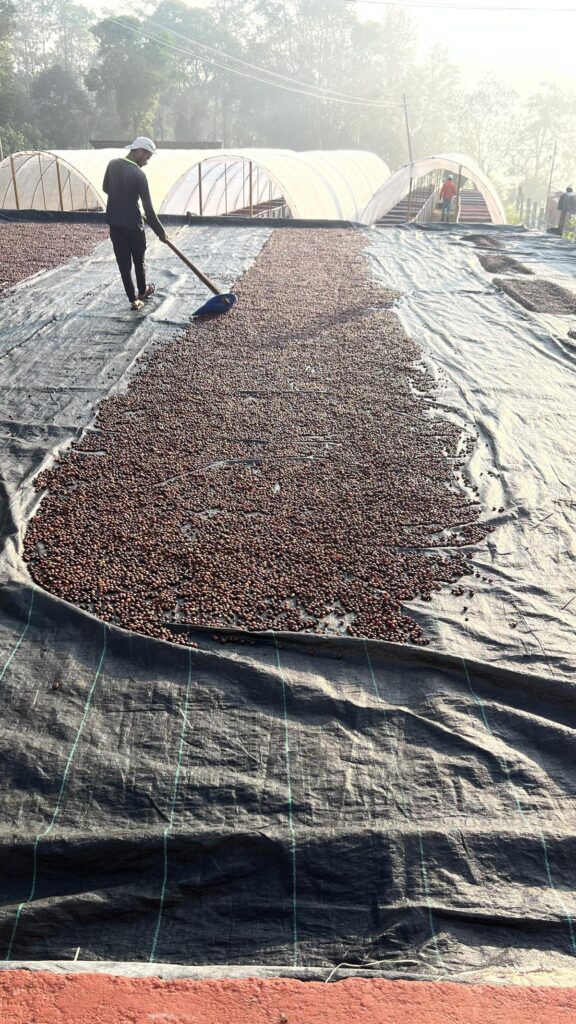
In his opinion, the coffee revolution needs to be led by single-origin traceable coffee, which is directly sourced from farms by coffee entrepreneurs willing to offer better prices based on quality. “This way, the farmers will transform themselves,” he says. Take, for instance, the case of Buridi Sundaramma, who hails from the Gondivalasa village in the Araku Valley Mandal. She says that since she started cultivating the organic, terroir-mapped coffee that Araku Coffee is best known for, her income has increased substantially. Thanks to this, all her three children are extremely well-educated, and she has also managed to invest in cattle and gold. She says, “This all because of coffee.”
source: http://www.thehindu.com / The Hindu / Home> Food / by Preeti Zacharaiah / November 03rd, 2023
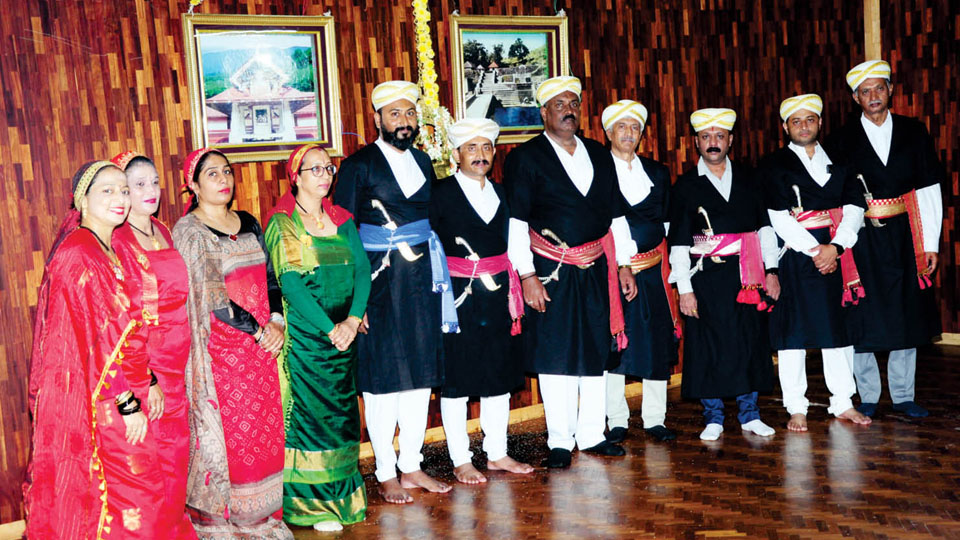
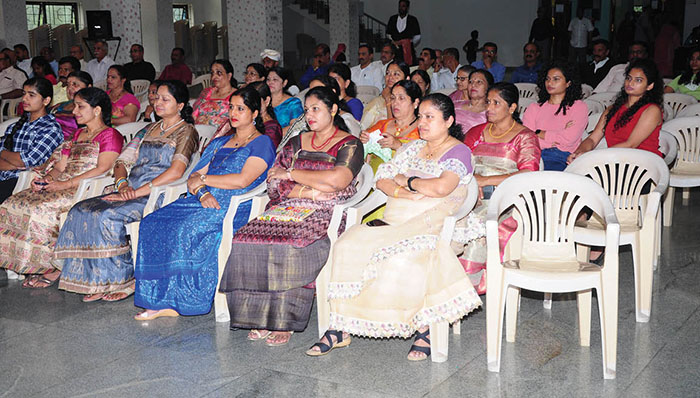

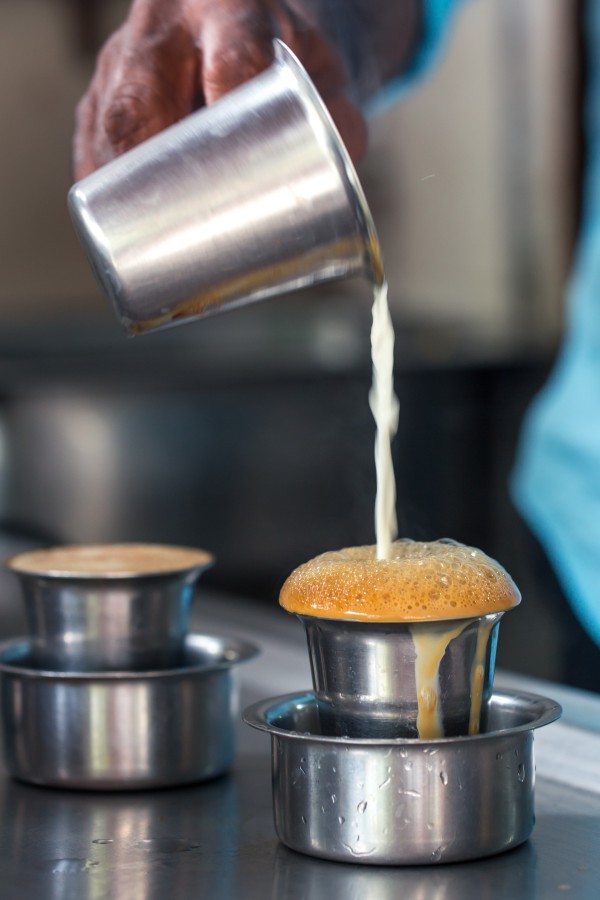
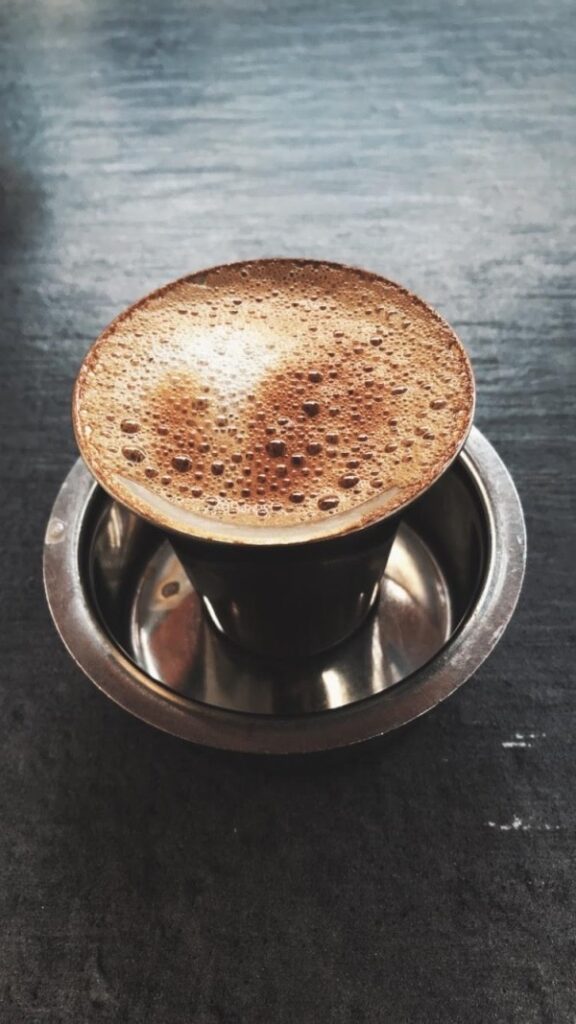
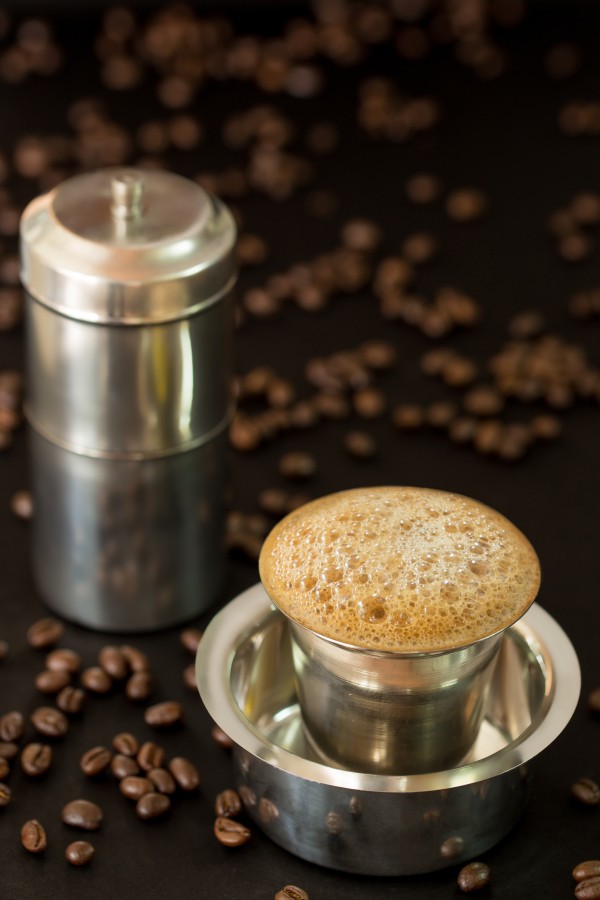


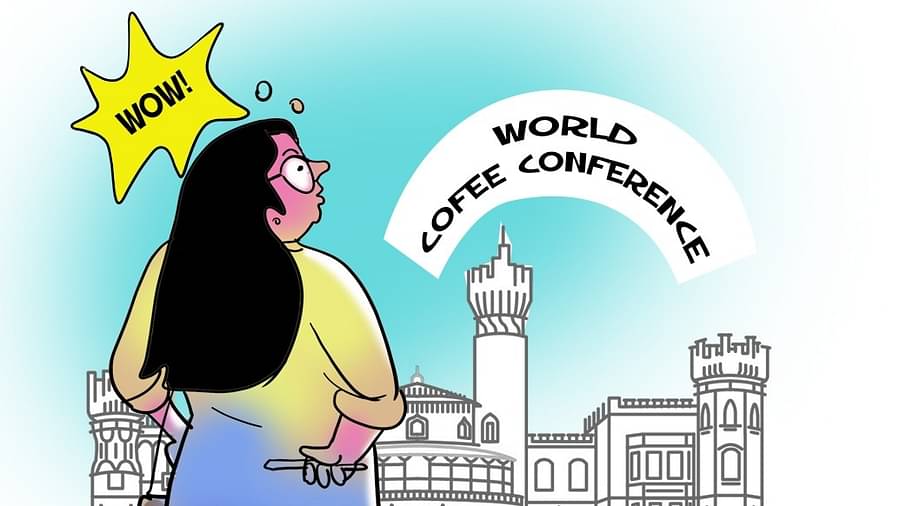
![[object Object]](https://images.deccanherald.com/deccanherald%2F2023-10%2F200fbc0f-b367-49f9-a989-f783ec11a1c9%2FExperiential_Web.jpg?format=webp&q=70&w=900&dpr=1)
